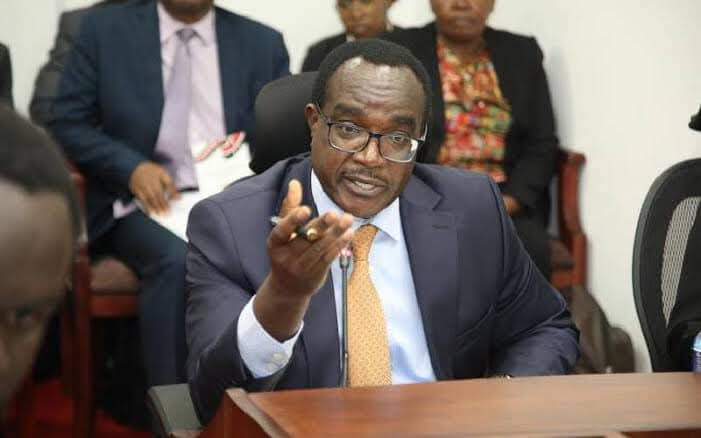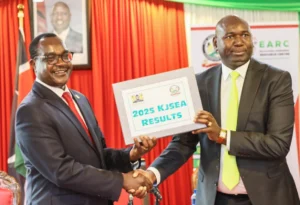

In a groundbreaking ruling, the High Court has once again struck down the government’s controversial university funding model, sending shockwaves through the Kenya Kwanza administration’s education policy. Justice Chacha Mwita, in a resolute statement, dismissed an appeal to suspend the court’s previous judgment, emphasizing the paramount importance of upholding the law in the interest of the public.
Justice Mwita’s ruling laid bare the flaws of the funding model, highlighting its blatant violations of the Constitution, lack of a legal framework, discriminatory nature, and failure to meet the necessary legal requirements for public participation. The government’s attempts to suspend the ruling while claiming compliance were swiftly rebuked by Justice Mwita, who declared that enforcing an unconstitutional policy would be a grave mistake.
The court made it abundantly clear that the government has a constitutional duty to fund public universities, rather than burdening parents with the financial responsibility. The Variable Scholarship and Loan Funding (VSLF) model, introduced by President William Ruto in May 2023, aimed to categorize students based on household income, with varying levels of support provided accordingly. However, the model faced fierce opposition from groups such as the Kenya Human Rights Commission, Elimu Bora Working Group, Boaz Waruku, and a Students Caucus, who argued that it unjustly denied thousands of students access to higher education.
Despite the government’s claims that the ruling would disrupt learning due to funding delays, Justice Mwita stood firm in his conviction that financial constraints cannot justify trampling on the Constitution. With the High Court’s unwavering stance, the Kenya Kwanza administration now finds itself at a crossroads, forced to rethink its approach to university funding to ensure compliance with constitutional requirements and safeguard students’ right to education.

In the face of this significant policy setback, the government must rise to the occasion and prioritize the well-being of students by upholding the rule of law and reevaluating its funding strategies. The future of education in Kenya hinges on the government’s ability to adapt and evolve in accordance with legal principles and the best interests of the public. Let this ruling serve as a wake-up call for a more just and equitable education system for all.




